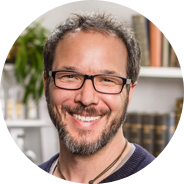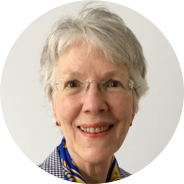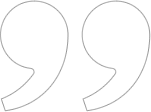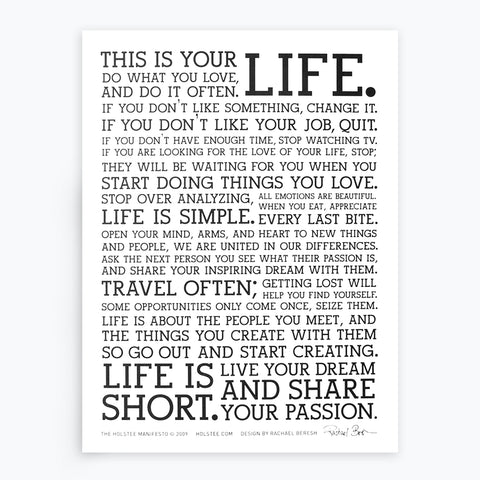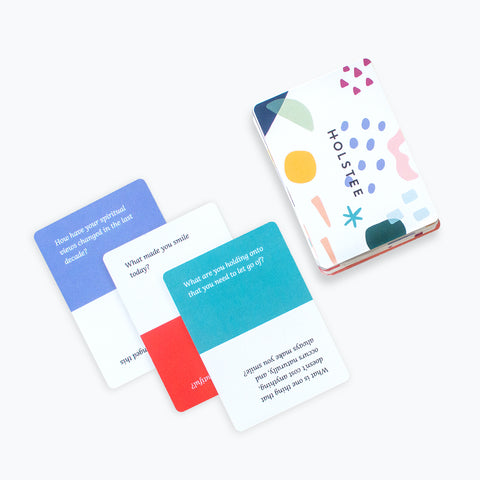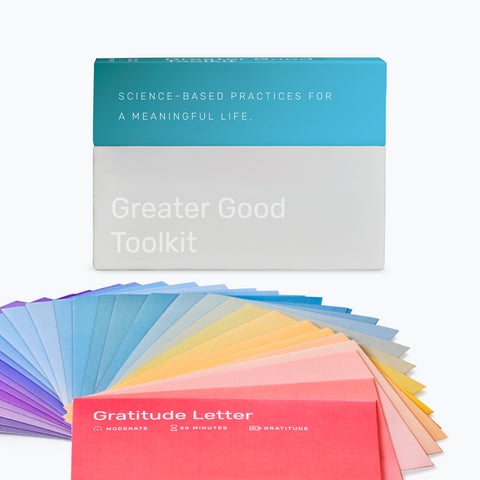Have you ever been among a group of friends or even by yourself and found yourself having immediate questions about the conversation at hand? Like, What year did Titanic come out again? or What is the real difference between ice cream and gelato? When these questions pop up internally or in discussion, what is the first thing you do to either settle an argument or address an uncertain fact?
"The important thing is not to stop questioning. Curiosity has its own reason for existing." - Albert Einstein
Tweet It!
You probably reached into your back pocket or purse or spoke into your wrist, because that’s a thing now, and asked Google or Siri or the general Internet collective for the correct answer.
Right?
“Technology is replacing routine work — and that’s what technology replaces first and has done throughout history.” - Ian Leslie
Tweet It!
I mean, I’ve done it. Probably most often when I’m trying to figure out how the age of specific celebrities who’ve never seemed to look a day over 35 in the past ten years, but also for other random, non-pressing inquiries, directions to a new restaurant, the correct spelling of a word, etc. Somehow these tiny devices have become our immediate lifeline to so many facets of our existence. In fact, of all the phone numbers I have saved in this pocket wonder, I can probably count the ones I know by memory on one hand.
And even though completely fighting technology’s advances would seem like a futile life plan, I have been wondering lately what too much dependence on a single (and, let’s face it, faulty) object is doing to my desire for real discovery. I’ve tried to think back to my pre-iPhone life and imagine if I could do certain things without immediate answers or confirmations or if I’ve since been programmed to find that way of living and thinking annoying or inconvenient.
When we can get answers served to us in a matter of seconds, where is the sense of wonder or delight or confusion or real, challenging exploration? When it comes to results without the hunt, what are we losing by taking constant short cuts?
“Curiosity is a muscle — use it or lose it. It’s something that we consciously have to nurture in ourselves, in our families, in classrooms, at work.” - Ian Leslie
Tweet It!
This isn’t really a screens vs. real life print-on-paper argument. It is not an accusation that the Internet has quashed my need to crack the books so much as it is an observation of how my desire to learn has shifted. Before, part of what made learning satisfying was that it was part of the project itself. I had to earn my information. Now, I don’t have as many questions about nearly anything because I know how easily I can access the answers without much effort at all.
What does this really mean for us? That we should go back to looking things up in encyclopedias or reading the dictionary for fun? Not exactly, though it could be an interesting life experiment to experience research in reverse. What I would like to allow back into my life, however, is the ability to just think without response. To wonder after something without the immediate need for concrete facts and figures. And I’m not necessarily talking about when I internet-search “how old is Leonardo DiCaprio” or something equally inconsequential. Instead, I’m talking resisting the rush to rely on popular opinion or instantaneous conclusions in lieu of asking your own questions, dreaming up your own wrong answers, letting yourself be drawn into the process of uncertainty and the satisfaction of real revelation. I want to think without acting, at least not right away. I want to feel unsure for just a little while longer. I want to really wonder again.
“The great unlocking of curiosity translated into a cascade of prosperity for the nations that precipitated it. Today, we cannot know for sure if we are in the middle of this golden period or at the end of it. But we are, at the very least, in a lull.” - Ian Leslie
Tweet It!
Part of what is so unique about a complex approach to learning is that the results feel more rewarding rather than obvious or inevitable. Embracing curiosity is risky, demanding and is full of the possibilities for incorrect conclusions. But it’s the only way to distinguish your real, original thoughts from the other noise. So the next time you have a question or a passing musing, let it live there for a little while. Sure, look up the connecting things and read a few books and ask some people when the time is right. But let the process of uncovering the answers start with you.
___________________________________
Helen Williams is the Community Love Director at Holstee. She is passionate about cooking and writing which pair well together on her vegetarian food blog, green girl eats. She's strives, every day, to be less sorry.
Begin your day feeling grounded and inspired.
A free 30-day email series where we share the most impactful stories and ideas that have helped us on our journey to live a more meaningful life.
✌️ Free. Unsubscribe anytime.



